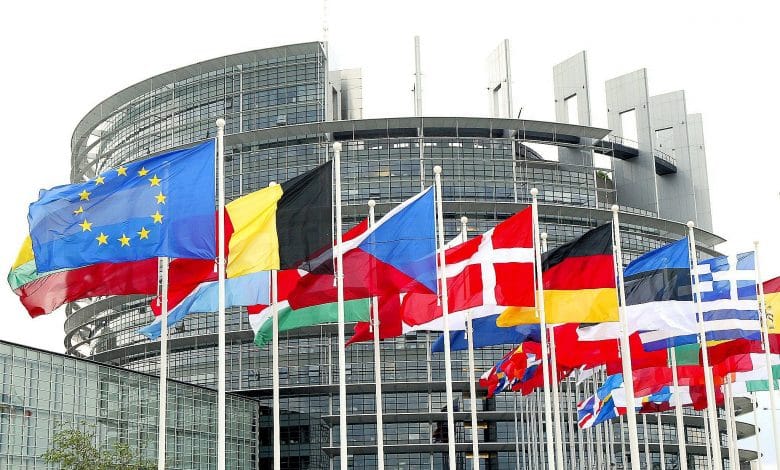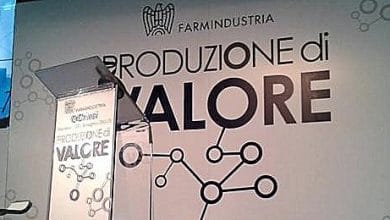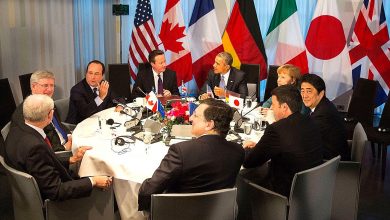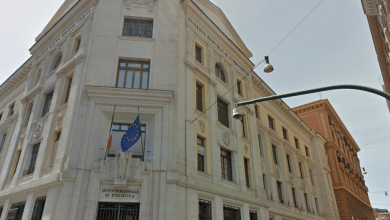
According to the federations, it would promote the use of medicines "for indications that are not authorized solely for economic reasons". Efpia, Eucope and EuropaBio lodge a complaint with the European Commission
Barbara Di Chiara – 11 February '15 – PharmaKronos
The European pharmaceutical and biotech industry associations against the Italian law on the 'off label' use of drugs. The European Federation of Pharmaceutical Industries and Associations (Efpia), together with the European Confederation of Pharmaceutical Entrepreneurs (Eucope) and the European association for bio-industries (EuropaBio) recently presented a complaint to the European Commission relating to the legislation of our country which, according to the federations, it would promote the use of medicines "for indications that are not authorized solely for economic reasons".
The new legislation subject to complaint, which came into force last summer in Italy, provides that AIFA has the right, in some cases, to authorize 'off-label' use even if a regularly approved therapeutic alternative is available.
The Avastin-Lucentis case for senile macular degeneration was the 'school'. The three associations say that the Italian law "infringes and does not consider the European Union's trade authorization system, which protects public health by setting strict standards for the quality, safety and efficacy of medicines".
Furthermore, the legislation goes against a ruling by the European Court of Justice according to which member states "should not manage the off-label use of medicines as a cost-containment measure, in cases where an approved alternative exists". Lastly, Efpia, Eucope and EuropaBio state that the Italian system would not be oriented towards patient health and would discourage pharmaceutical companies from researching new indications for their products.
Big Pharma, EU antitrust approves Novartis - GSK operation
Written by: Martina Mandozzi 11 February 2015 – europae
 L'EU antitrust gives the green light to a series of agreements in the pharmaceutical sector. A 16 billion dollar purchase by Switzerland was recently approved Novartisof the Oncology Division of the Britannica GlaxoSmithKline (GSK), which, at the same time, is acquiring for $7.1 billion plus le royalties the vaccine business of the Swiss group, excluding flu vaccines. The two groups then formed a joint venture, creating a world-leading company in the sector of consumer healthcare, whatever from over-the-counter pain relievers to toothpastes, in which Novartis will own a 36.5% stake.
L'EU antitrust gives the green light to a series of agreements in the pharmaceutical sector. A 16 billion dollar purchase by Switzerland was recently approved Novartisof the Oncology Division of the Britannica GlaxoSmithKline (GSK), which, at the same time, is acquiring for $7.1 billion plus le royalties the vaccine business of the Swiss group, excluding flu vaccines. The two groups then formed a joint venture, creating a world-leading company in the sector of consumer healthcare, whatever from over-the-counter pain relievers to toothpastes, in which Novartis will own a 36.5% stake.
The Novartis-GSK agreement and the consequences for competition
In terms of strategy, the concluded transactions prove to be very important for the future positioning of the groups in the healthcare sector. "They strengthen us financially and are expected to improve our margins and growth rates immediately," said Joseph Jimenez, CEO of Novartis. "There will be benefits for patients as well, who will benefit from the highest levels of innovation that this new focus will allow us to achieve”.
There European Commission it initially showed distrust of these manoeuvres, considered harmful to the correct performance of the European competitive system, but also and above all due to the strong impact they can have on innovation. The Novartis-GSK agreement would, in fact, generate a situation of duopoly between them and Roche, in the area of skin cancer treatment. Hence a reduction in market competition from different drugs.
Hence the proposal by Novartis to undertake to sell MEK162 and LGX818, two specific treatments for melanoma, eliminating the problems of competition identified by the Commission.
Great maneuvers in the pharmaceutical sector
Figures with nine zeros and great dynamism in the M&A (Mergers and Acquisitions) pharmaceutical. Also in these times, the US Mylan has acquired Abott Laboratories, perhaps as part of a strategy of "tax inversion”, While Pfizer definitely turns his back on AstraZeneca, after signing an agreement with the German pharmaceutical company in November 2014 Merck KGaA for $850 million, followed by performance-based payments of up to $2 billion. Experts confirm that these “mega deal” are increasing compared to the past.
One wonders what the ultimate reasons for such deals are, even from an antitrust point of view. The focus would be on extraordinary operations to perhaps hide the inability to innovate or, at least, the unwillingness to invest in research and development.
“It's not true that there is less and less research and more and more M&A. On the contrary, agreements are one of the tools used to support R&D performance”, says Lorenzo Positano, Associate Principal of McKinsey & Company. “Each company has chosen which molecules under development to ensure on the market according to its optimization. Objectives that guarantee a more complete offer in the therapeutic areas 'core' and targeted research into the segments in which you feel the strongest to invest. So the opposite of disengagement”.





